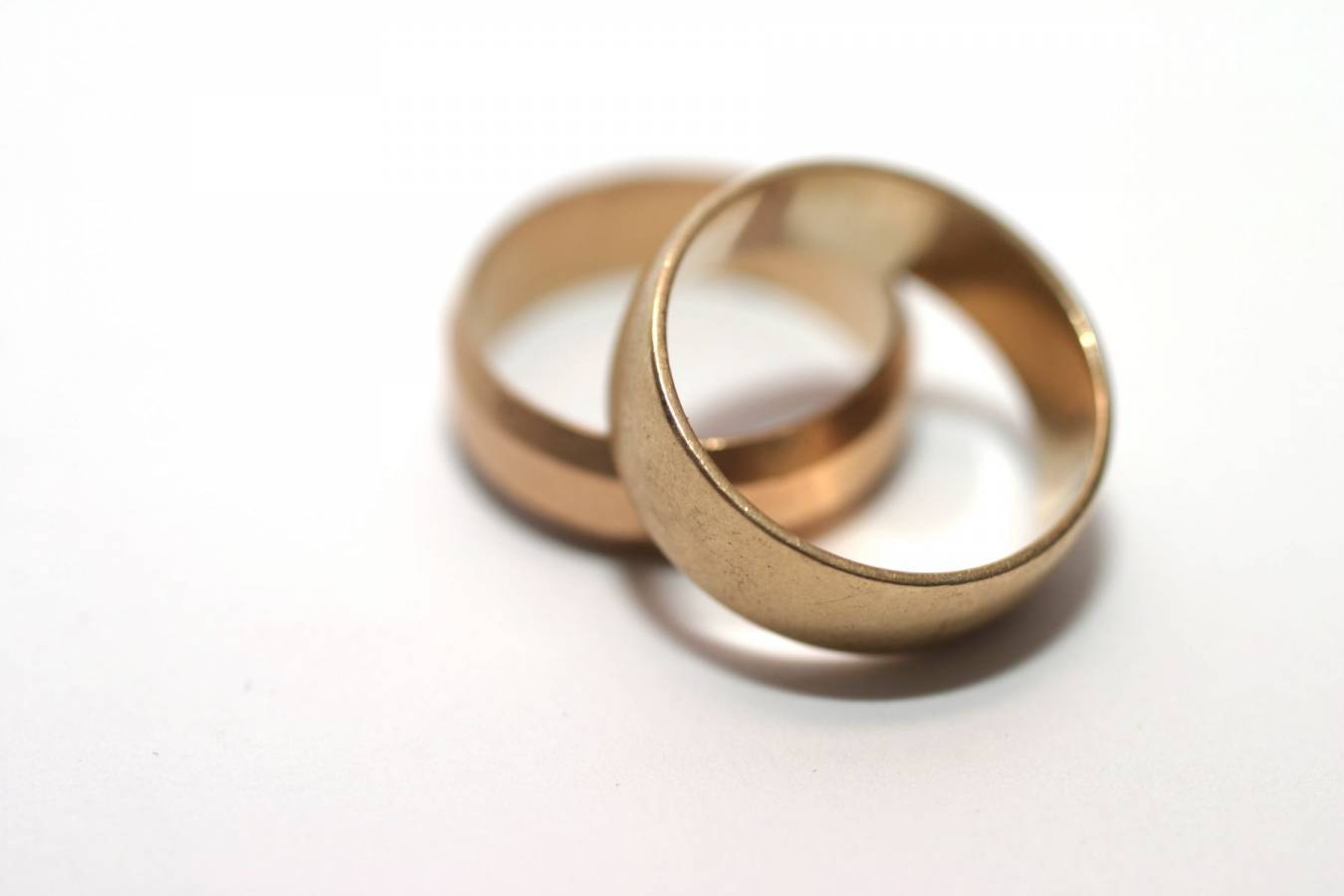By Will Hall, Message Editor
WASHINGTON (Baptist Message) — Citing “new insights” and “changed understandings” about marriage, the U.S. Supreme Court voted 5-4 that the “Fourteenth Amendment requires a State to license a marriage between two people of the same sex.”
The ruling effectively caps the sweeping federal judicial activism that has overturned 26 voter-approved amendments to protect marriage as between a man and a woman (22 of these states were still fighting to preserve traditional marriage). Another 13 states had laws allowing marriage only between a man and a woman, but 10 were facing challenges in federal courts when the decision came down today.
Voters in only three states, and the District of Columbia, had approved same-sex nuptials, but another eight state legislatures had passed laws making gay marriages legal.
Now, a vote among nine federal justices, split largely along partisan lines, has redefined marriage in all 50 states.
Justices Breyer and Ginsburg (Clinton appointees) joined with Justices Kagan and Sotomayor (Obama appointees) to vote for legalizing same-sex marriage.
Opposing the move were Justices Roberts and Alito (G.W. Bush appointees) as well as Justices Scalia (Reagan-appointed) and Thomas (G.H.W. Bush appointee).
Ironically, the majority opinion was penned by Associate Justice Anthony Kennedy, who was appointed to the top federal bench by Ronald Reagan.
However, it was no great surprise as Kennedy wrote the 2013 majority opinion in United States v. Windsor, stating in part that there was “no legitimate purpose” for denying gays the right to marry.
This ruling gave impetus to a slew of federal rulings in favor of same-sex marriage, which Kennedy then referred to in concluding gay couples should be allowed to marry. But these lower federal court rulings came about because of President Obama’s success in appointing liberal judges to these benches.
Although the president’s impact on the U.S. Supreme Court has been limited to merely replacing two liberals with two more liberals, his impact on the rest of the federal benches has been dramatic.
The New York Times reported September 2014 that for the first time in a decade “judges appointed by Democratic presidents considerably outnumber judges appointed by Republican presidents” and that Democratic appointees who hear full cases “now hold a majority of seats on nine of the 13 United States Courts of Appeals.”
Eight of those nine, now liberal courts, were reshaped by the president during his first six years in office.
Only the 9th Circuit in San Francisco was predominately liberal when he won election.
The importance of this strategic ideological remake was apparent in Kennedy’s remark that “numerous cases about same-sex marriage have reached the United States Courts of Appeals in recent years,” providing a “substantial body” of case law “that helps to explain and formulate the underlying principles this Court must now consider.”
Likewise, he pointed to the “many thoughtful District Court decisions” (also remade by Obama) that “concluded same-sex couples must be allowed to marry.”
In the end, citing interracial couples, deadbeat dads and prison inmates as examples of issues that have shaped an evolving legal opinion about marriage, and arguing there have been “other instructive precedents” that have “expressed constitutional principles of broader reach,” Kennedy said his “analysis compels the conclusion that same-sex couples may exercise the right to marry.”




